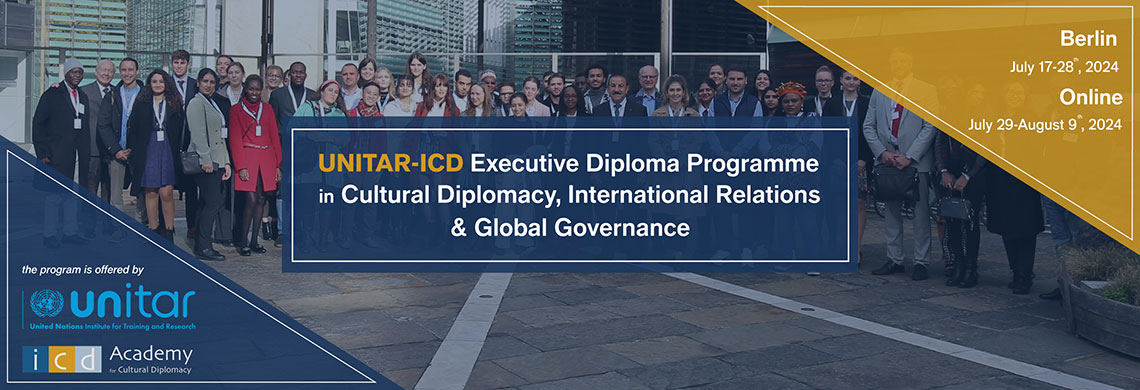Cultural Diplomacy & Self-Liberation
By José António Pinto Ribeiro (Former Minister of Culture of Portugal)

It is important that we do not restrict Cultural Diplomacy to the diplomacy made by the diplomats of states or by international organizations.
…
Cultural Diplomacy is a way to think about problems differently; it’s a way to find solutions to complex problems in a way in which we enlarge the number of people that are made happy by those solutions. We enlarge the things that make us more human and give us a better understanding of each other, which means we can solve the problems in peace and without making other people suffer. And we can create wealth without destroying wealth. We can create more opportunities for individual freedom rather than restrict those opportunities.
[Companies in the private sector should include Cultural Diplomacy in their CSR departments because] Cultural Diplomacy and cultural projects are the ones that free people the most. Those are the programs that capacitate people and allow them to re-appropriate their own destiny.
Cultural Diplomacy can always play a role in trying to understand the reasoning of one party and trying to explain its reasoning to the other party. Cultural Diplomacy should always have the goal of allowing people to solve their problems by understanding and by using their voting power to make things happen.
- The Berlin International Economics Congress 2012; Berlin, Germany, March 2012

























































